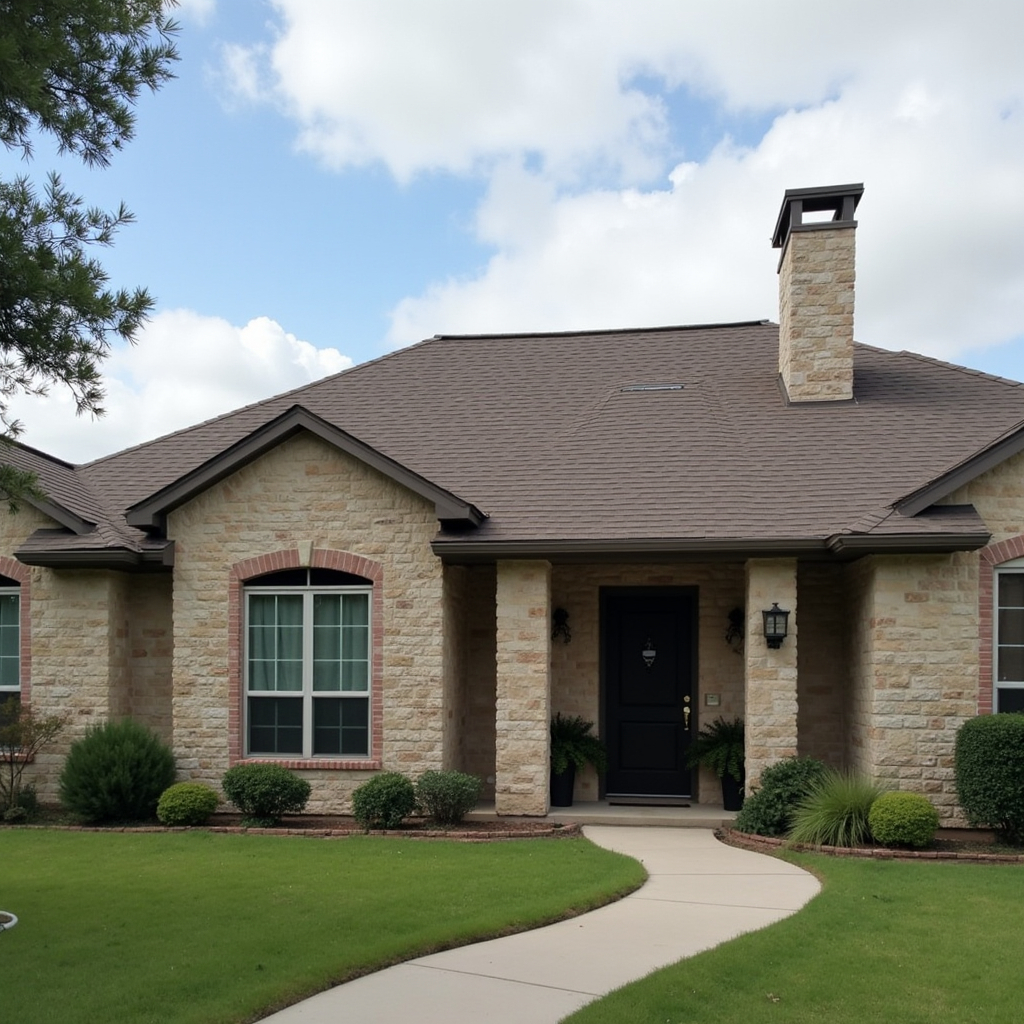When your roof starts showing signs of wear and tear, it’s natural to wonder whether you should repair it or replace it entirely. Both options have their pros and cons, and choosing the right one can make a big difference in terms of cost, longevity, and overall safety. If you’re stuck between calling for roof repair services near me or considering a full roof replacement near me, here are some key factors to help you decide.
1. Age of the Roof
One of the first things to consider when deciding between a repair and a replacement is the age of your roof. Most roofs have a lifespan of 20 to 30 years, depending on the material used. If your roof is nearing the end of its expected life, it may make more sense to invest in a replacement rather than continue making repairs that only offer a short-term fix. On the other hand, if your roof is relatively new, a repair might be all you need to extend its life by several more years.
2. Extent of the Damage
The severity and location of the damage play a big role in whether repair or replacement is the better option. For example, if you’re dealing with small issues like a few missing or damaged shingles, roof repair services may be all you need. Minor damage is usually quick and affordable to fix.
However, if the damage is widespread—such as a sagging roof, significant leaks, or structural problems—then a replacement might be the better option. Extensive damage could mean that the underlying structure is compromised, and patching up the roof won’t solve the bigger problem.
3. Costs
Cost is often a major deciding factor when it comes to choosing between a roof repair and a full replacement. Generally speaking, repairs are less expensive than a replacement. However, the short-term savings of a repair may not always be worth it if the problem continues to resurface. In some cases, it may be more cost-effective in the long run to replace the roof entirely.
If you’re working within a budget, it’s important to get a professional opinion and a cost estimate for both options. This way, you can weigh the immediate costs of a repair against the long-term benefits of a replacement.
4. Energy Efficiency
A new roof can offer benefits beyond just keeping the rain out. If your roof is old or damaged, it might not be as energy-efficient as it could be. Roofs today are designed with energy efficiency in mind, often using materials that reflect heat and reduce cooling costs during hot months. If you’ve noticed a rise in your energy bills or your home has become harder to keep cool, a roof replacement could help improve your home’s energy efficiency.
While repairing an older roof can address immediate leaks and damage, it may not offer the same energy-saving benefits that a full roof replacement would.
5. Potential for Future Repairs
Another thing to consider is how likely it is that you’ll need more repairs in the future. If your roof has required frequent repairs in the past few years, it might be a sign that the entire structure is weakening. Continuously patching up small issues can add up quickly and may not solve the underlying problems. In such cases, a roof replacement can be a more permanent solution.
On the other hand, if your roof has generally been in good condition and the damage is isolated, a repair could be all that’s necessary to keep your roof functioning for years to come.
6. Curb Appeal and Home Value
A new roof can significantly boost the appearance of your home and increase its resale value. If you’re planning to sell your home in the near future, a full roof replacement could be a selling point that attracts buyers. A roof in poor condition might turn buyers away or lead to lower offers.
Even if you’re not selling your home, replacing an old, worn-out roof can improve your home’s curb appeal and make it look more modern and well-maintained. On the flip side, if the roof is still in relatively good condition and a repair will solve the problem, you may not need to invest in a full replacement just yet.
7. Roof Material and Design
The type of material used on your roof also matters when deciding between repair and replacement. Asphalt shingles, for example, are relatively easy to repair, while materials like slate or metal may be more challenging and expensive to fix. Additionally, if you’re looking to change the design or color of your roof, a replacement is the only way to make that happen.
If you’re considering upgrading to a more durable material or switching to a new design, replacing the roof could give you the opportunity to make those changes.
Ultimately, the decision between roof repair and replacement depends on several factors, including the age of your roof, the extent of the damage, and your long-term plans for your home. It’s always a good idea to consult with a roofing professional to get an expert opinion and a detailed cost estimate for both options. Whether you choose to repair or replace, maintaining your roof is crucial to keeping your home safe, energy-efficient, and protected from the elements.









